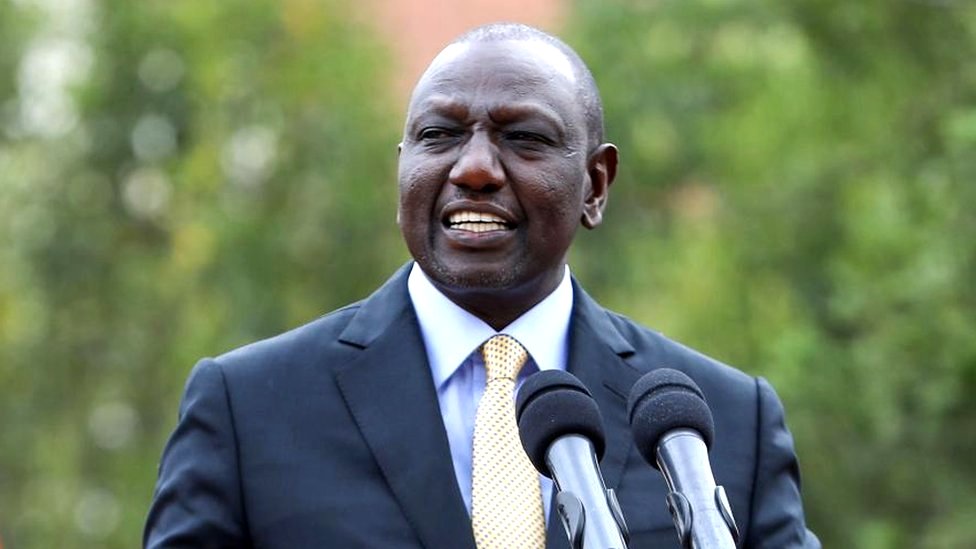President William Ruto has firmly defended Kenya’s expanding trade relations with China, amid growing concerns from the United States over Nairobi’s foreign policy direction. Speaking at the Presidential Private Sector Roundtable in Nairobi, Ruto emphasized that his administration’s foreign engagements are guided solely by Kenya’s economic interests.
“It is what I must do for Kenya. It’s in the best interest of Kenya that we get into this market,” Ruto stated, in response to concerns that Kenya may be leaning too heavily toward non-Western economic partners such as China.
The remarks come as the United States Congress reviews Kenya’s recently acquired status as a Major Non-NATO Ally (MNNA), a designation that provides strategic military and trade benefits. The review, led by Senator Jim Risch, Chair of the Senate Foreign Relations Committee, cites a range of issues including Kenya’s global alignments with countries like China, Russia, and Iran, as well as human rights concerns.
Ruto acknowledged that some traditional allies have questioned Kenya’s expanding trade with China, particularly due to a serious trade imbalance. “When I sat with President Xi Jinping, I told him Kenya is importing Sh600 billion of products from China, yet we are only exporting maybe 5%. That trade imbalance is serious,” Ruto noted, adding that China has since agreed to open its market to Kenyan agricultural products.
The president underscored that Kenya is not abandoning its traditional partners, but rather diversifying its economic relationships. “We are progressing conversations with India. We are good with Turkey and Canada,” he said.
The Congressional review also includes scrutiny of Kenya’s military cooperation with the U.S., particularly in light of a pledged deployment of 1,000 Kenyan police officers to Haiti—a mission strongly backed by Washington but marred by uncertainty.
While Kenya’s MNNA status symbolizes a strengthening bond with the U.S., Ruto’s remarks highlight the delicate balancing act Nairobi faces in navigating a multipolar world. The ongoing debate underscores the conditional nature of strategic alliances, especially when national interests and global geopolitics intersect.

